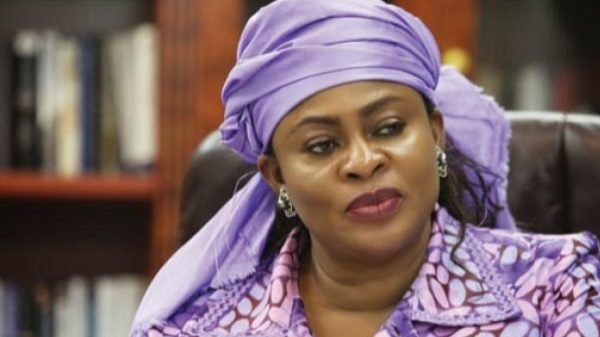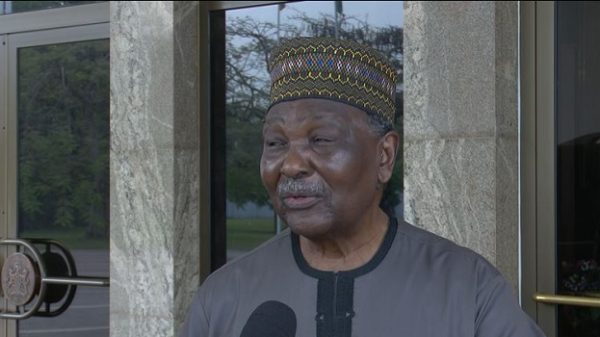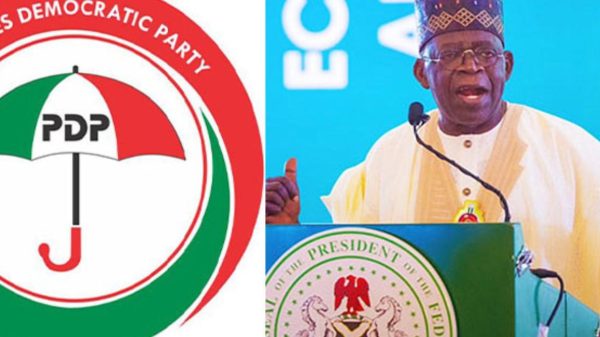In October 2024, Barbados will commemorate the 80th anniversary of the historic Engineers Strike of 1944. This pivotal event marked a significant turning point in the country’s labor history, cementing the importance of trade unions and workers’ rights. The strike, led by the Barbados Workers’ Union (BWU), was a testament to the power of collective action and the fight for fair labor practices.
The socio-economic landscape of Barbados in 1944 was marked by oppressive conditions for working-class people. The white planter/merchant oligarchy held power, and workers faced exploitation on sugar plantations. The right to vote was restricted, and urban workers lived in slum-like conditions. The Barbados Progressive League, established in 1938, and the BWU, founded in 1941, sought to address these injustices.
The Engineers Strike was sparked by the dismissal of Mc Donald Brathwaite, a BWU divisional leader. The strike lasted eight weeks, with 121 engineers walking out of two foundries. Despite employer resistance, the BWU, led by Grantley Adams and Hugh Springer, organized a disciplined and effective struggle. Support came from local and regional trade unions, and the Trinidad Trade Union Congress prevented strike breakers from being engaged.
The strike’s success was a significant victory for the labor movement. The settlement included wage increases, a war bonus, and recognition of the BWU’s legitimacy. The strike became a landmark in the popular strengthening of the trade union movement, with the BWU’s membership surging afterward.
The Engineers Strike paved the way for Barbados’ transformation into a “people’s democracy.” The Barbados Labour Party, the political arm of the labor movement, won eight seats in the 1944 General Elections. By Labour Day 1946, thousands of workers marched under the BWU banner, with Grantley Adams exhorting them to continue the fight for democracy in industry.
The 80th anniversary of the Engineers Strike is a call to action for the trade union movement and the Ministry of Labour to commemorate this historic milestone. The strike’s legacy is a testament to the power of collective action and the importance of protecting workers’ rights. Long may the trade union movement continue to be a core element of Barbados’ identity and a bulwark for the rights and wellbeing of its people.




















































































































